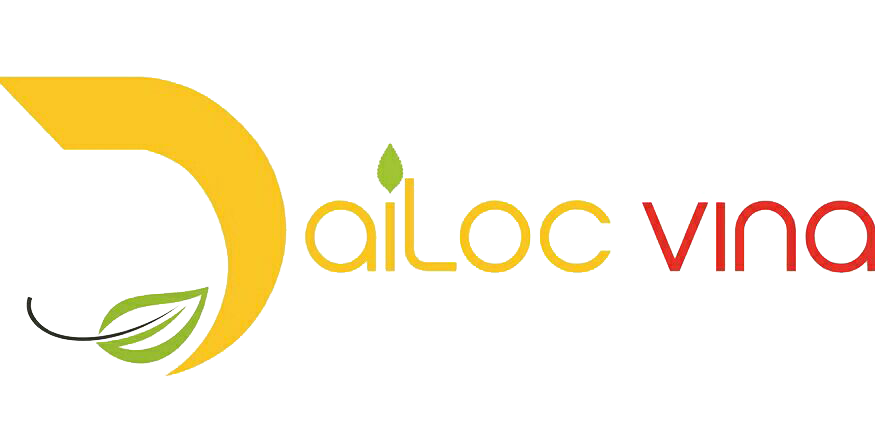News, Vietnamese
COIR LOGS: A LONG-TERM SOLUTION FOR EROSION PROTECTION
Erosion provides a severe hazard to coastal ecosystems, including other farms. With rising sea levels and more frequent storms, maintaining these valuable habitats becomes increasingly important. Fortunately, there are sustainable alternatives that not only resist erosion but also promote the increase of animal populations. One such alternat ive is to utilize them, which are inexpensive, environmentally friendly, and excellent in preventing erosion in oyster farms. In this blog post, we will look at how coir logs can be used as a long-term solution to prevent erosion on farms.
What are Coir Logs?
Coir logs, also known as coconut fiber logs, are erosion control devices manufactured from the fibrous outer husks of coconut. These logs are lightweight, flexible, and biodegradable, making them an excellent alternative for eco-friendly erosion control. They stabilize slopes, limit sediment runoff, and stimulate vegetation growth, all of which are important in oyster farming locations.
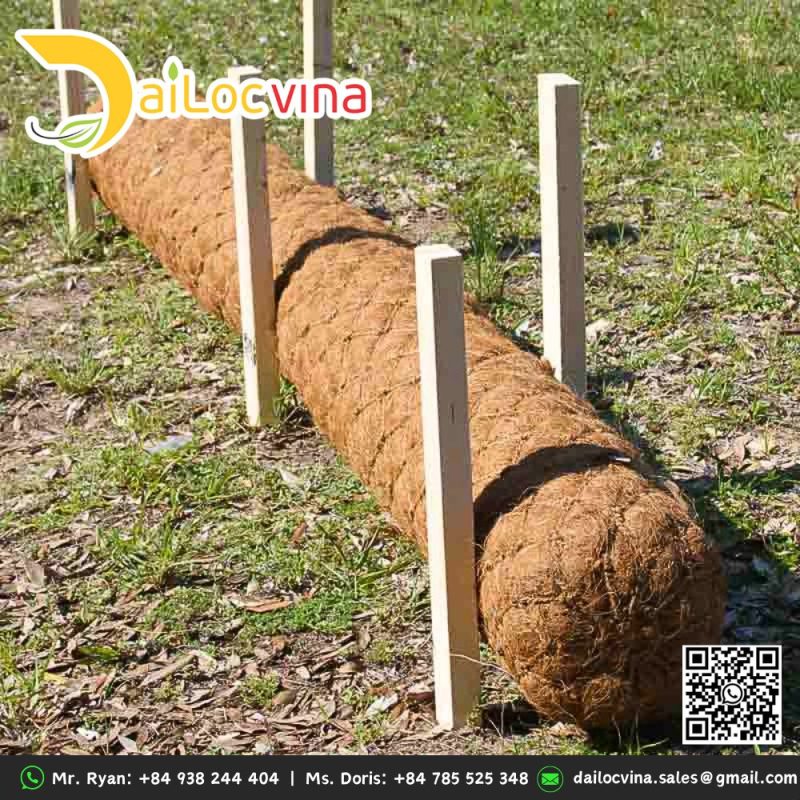
Characteristics of Coir Logs
Erosion Control: They operate as natural barriers, dispersing the energy of waves and tidal currents, reducing erosion, and preventing the wildlife beds from washing away.
Sediment capturing: Coir logs’ permeable structure allows water to flow through while capturing sediment. This method reduces turbidity in the water, which promotes farm growth and improves water quality.
Vegetation Support: Coir logs provide a solid platform for plant growth. Coir logs improve shoreline stability by fostering the establishment of salt-tolerant plants or other coastal grasses, allowing natural buffers against erosion to form more effectively. Our farmers can also plant the mangrove shoots they gather from our floating bags to aid in further restoration and vegetative growth.
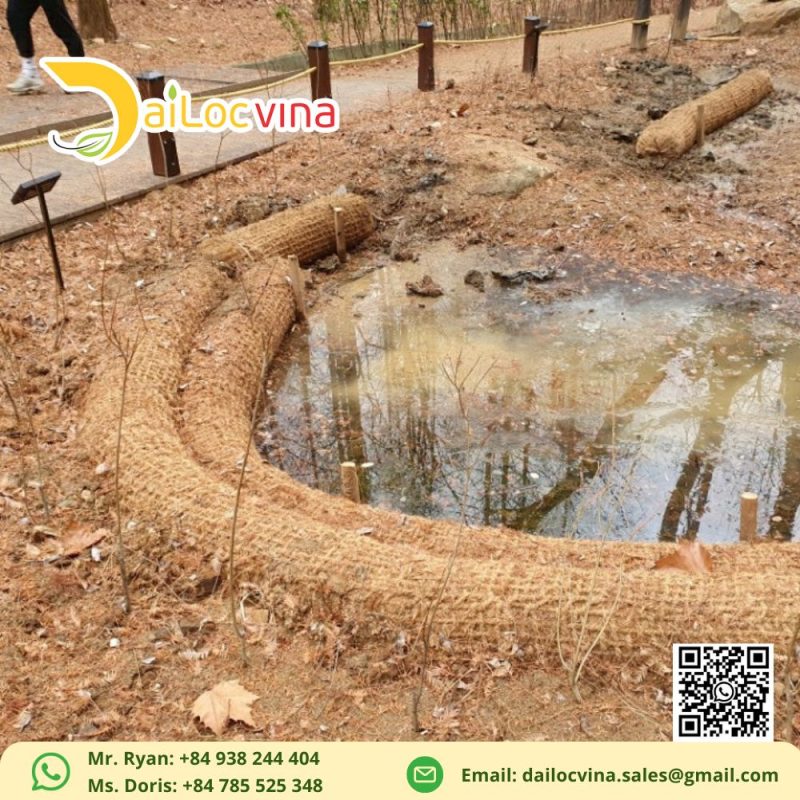
Biodegradability: Coir logs are biodegradable because they are a natural product, resulting in a low ecological impact. The logs degrade over time, adding organic matter and nutrients to the soil, benefiting both creature growth and the neighborhood ecology.
Cost-Effective Solution: Coir logs are an inexpensive alternative to standard erosion control methods. Their low cost, ease of setting up, and long-term performance make them an appealing option for farmers with a tight budget.
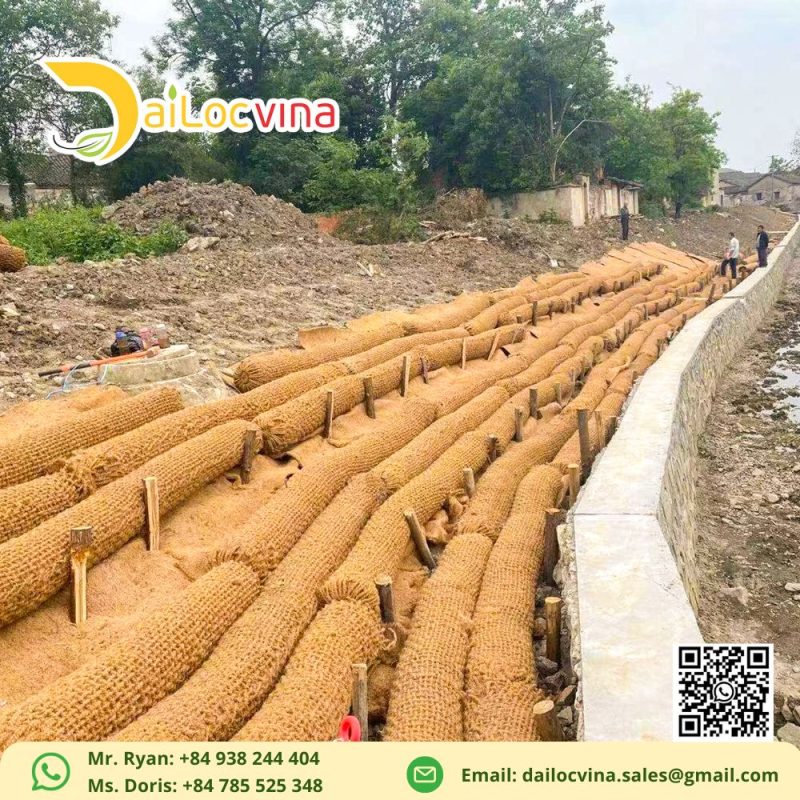
Specifications of Coir Logs
Standard density
These are the industry standard for use in typical settings, and they are reasonably priced. The Standard Density Coconut Coir Logs are 100% biodegradable and constructed entirely of coir encased in coir netting. Coconut coir logs offer a natural solution to erosion control and slope stabilization while also establishing a habitat that encourages vegetative growth for long-term erosion control as their biodegrades.
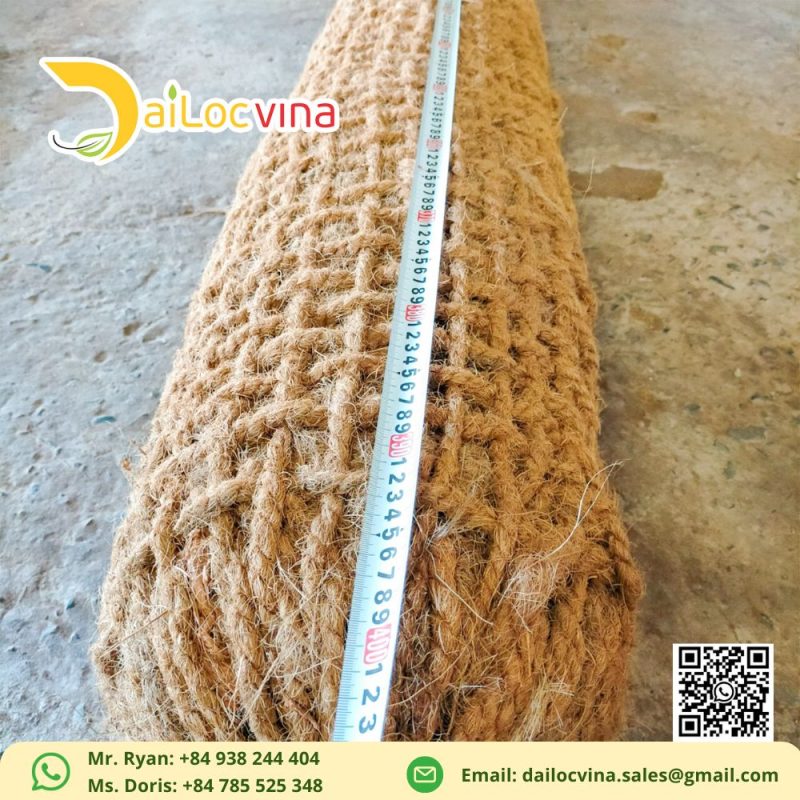
High density
Heavy density coir logs are ideal for usage on difficult terrain, in places with heavy flow, or under harsh environmental conditions. They are also an effective erosion control method for streambanks and lakeshores, as well as slope stability. These higher-density coconut coir logs, made of 100% coir fibers encased in rhombic coir netting, are known for their reliable performance in the most demanding settings and long-lasting durability in the field.
Deployment and recommendations
To maximize the benefits of coir logs for preventing flooding on farms, adopt a few best practices:
Site examination: Follow a detailed examination of the site to identify the most vulnerable regions for erosion. This will help determine where the coir logs should be properly put.
Proper Installation: Confirm that they are properly anchored to withstand wave action and tidal forces. Use recyclable stakes or organic alternatives to secure the logs while reducing their ecological effects.
Vegetation Selection: Select tolerant saltwater vegetation species that will grow in the creature farming habitat.
Monitoring and Maintenance: Monitor the coir logs and plants on a regular basis to ensure that they are successful in preventing erosion. Maintain a consistent maintenance program to reduce debris and promote plant development.
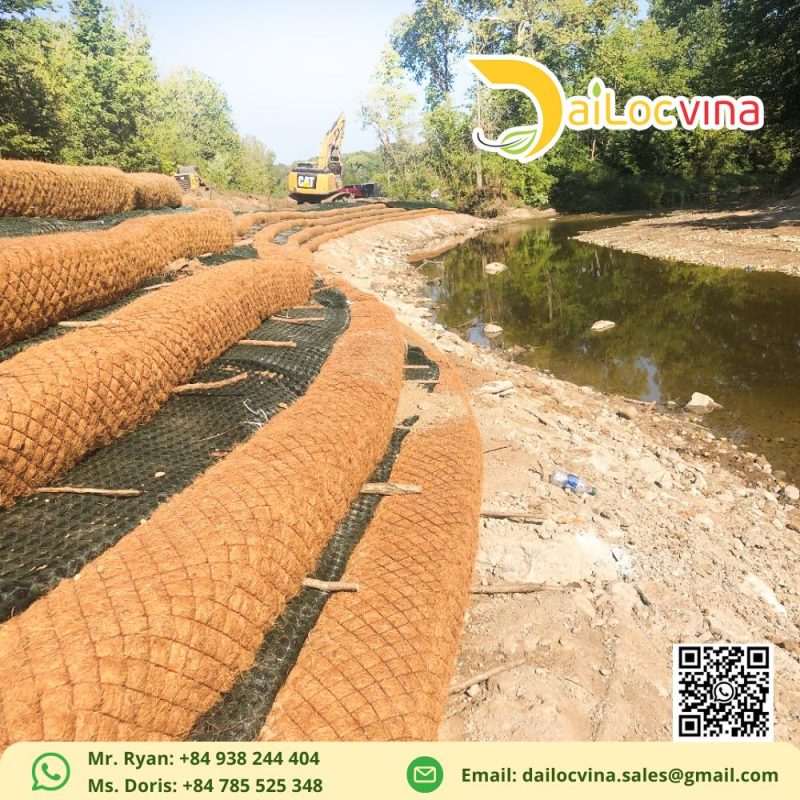
Coir Log Frequently Asked Questions
Question 1: Can you tell me how much coir logs cost?
To fulfill your site requirements, the cost of them will be determined by a number of criteria, including length and diameter. The cost of it is directly proportional to the length of the logs required. Other considerations that will affect the cost of coir logs are the installation accessories required. If you have any questions, please contact our product specialists. We are coir log suppliers and can answer your queries.
Question 2: How can I set up a coir log?
Installing a coir log does not have to be complex. First, remove any rubbish and large objects that could damage the erosion control site where the coir logs should be placed. Place them in the trench and backfill it so that it is flush with the slope. If you are utilizing numerous coconut fiber coir logs, align their ends and tie them together with twine. The final step is to stake each coir log in place, therefore make sure you have the appropriate it installation accessories.
If you have inquiry, please contact our team sales:
Mr Ryan (Vietnam): 84 938244404 (Kakaotalk, Wechat, Whatsapp)
Ms. Amy (English) : 84 965106010 (WhatsApp/Wechat/Kakao)
Ms. Doris (English): 84 785525348 (WhatsApp/ Wechat)
Ms.Lan ( 한국 영업 담당자 ): 84 969273598 | Kakaotalk ID: hoailan98
阮秀钗 (中文): 84 933320776 微信ID:TuTram1008
阮祥薇(中文): 84397317401 微信ID:Nttv0608
Website: https://cocohitech.com/ (English)
Website: https://kr.cocohitech.com/ (Korea)
Website: https://cocohitech.jp/ (Japan )
Youtube: https://www.youtube.com/watch?v=a0tXthbbHNw
